Proposal components tend to vary between the various funding mechanisms and agencies. Below are some of the areas which the Office of Proposal Development has assisted with.
Data Tables
Proposals for training grants, especially the NIH T32 and the NSF NRT, require extensive documentation of student demographics, existing training programs, etc. This documentation, in the form of required tables in the proposal, is significantly more involved than requirements typically seen in standard NIH and NSF research grant proposals. The Office of Proposal Development, working through the Office of the Vice Chancellor for Research and Innovation and with the Graduate College, can help!
If you’d like to read more, the NIH provides information about Data/Training Tables—be sure to read the Introduction to the Data Tables first.
Tips for T32 Proposal Data Collection
Tips for NIH T32 Tables
Diversity and Inclusion
Several training grants ask for the incorporation of strategies and programmatic activities designed to promote the recruitment and successful mentoring of a diverse group of trainees. We encourage you to think of novel strategies relevant to the training program being designed; in addition, here is information about ongoing campus and department-level programs and initiatives.
- Office of the Vice Chancellor for Diversity, Equity, & Inclusion
- Graduate College
- College of Liberal Arts & Sciences
- Grainger College of Engineering
- Grainger College of Engineering Institute for Inclusion, Diversity, Equity, and Access
Responsible Conduct of Research
The responsible conduct of research (RCR) is essential to good science. RCR promotes the aims of scientific inquiry, fosters a research environment that enables scientists to work together toward common goals, and promotes public confidence in scientific knowledge and progress for the public good. RCR training is required by funding agencies including NIH, NSF, USDA, and others as part of training programs. View the Office of the Vice Chancellor for Research and Innovation’s Research Integrity and Ethics webpage for more information and resources.
Institutional Letter of Support
Both NIH and NSF training grant proposals often ask for a letter of support from a senior administration official at the institution to show the support from the department/college/university that will be made available to the training program.
For example, here is an excerpt from an NSF NRT solicitation of instructions for such a letter: “One support letter …. is required from the appropriate senior university administrator at the lead institution and should describe institutional support for the traineeship program and how successful programmatic elements and any associated institutional policies and infrastructure will be sustained after award closure.”
And, see here for an example of NIH instructions for such a letter in a specific solicitation. Be sure to review your solicitation for specific requirements and page limits. If you would like to obtain financial commitments for the training program, contact your college dean and department head early, and the deans and department heads of other faculty on the training program, to obtain these and describe these in the letter. However, in the letter, do not quantify or attach specific dollar amounts to any support described, as that would be considered cost-sharing subject to audit by the sponsor. See also the OVCRI policy. In addition, OPD can provide a budget template for keeping track of financial commitments.
As the requirements for the content of the letter could vary from one solicitation to another, contact OPD if you would like assistance with drafting such a letter. OPD can also assist with routing the letter for signature(s) to the relevant senior administrative official(s). Please send us a final draft of your letter three weeks in advance of when you would like to have the signed letter.
Biosketches
The biosketch requirements for training grants are similar to other grants. One exception is the NIH asks for a modified personal statement for training grants which provides information on their student mentoring experiences.
Training Grant Preparation Timeline
 1. Review solicitation for specific requirements.
1. Review solicitation for specific requirements.
2. Contact unit grants office, program officer, and/or OPD for proposal development help.
3. Contact relevant faculty and ask for willingness to participate in the training program.
4. Request biosketches from faculty (note: even if they have a recent biosketch, training grants require additional information in the personal statement on mentoring experience and activities). Also, request relevant data for tables.
5. Contact units for data for the tables.
6. Collect any additional data you think might speak to the quality of training and diversity, such as time to degree (for all and separately for those from underrepresented groups), graduation rate (for all and separately for those from underrepresented groups).
7. Have a kickoff meeting with the team and schedule additional working meetings to design the program and draft text for the narrative and other sections of the proposal.
8. Contact departments/colleges for commitments, and once these are in place contact OVCRI for discussion of support.
9. Prepare budget and budget justification (including NIH budget and internal commitments budget).
10. After internal commitments are final, use the OVCRI template for the internal commitment letter and route for relevant signatures.
11. Draft letter of institutional support and finalize once internal commitments are complete.
12. Identify signing authority for a letter to sponsor and route for signature(s). Allow three weeks for this.
13. Finalize data tables and be sure to check that text in the narrative is consistent with the tables.
14. Finalize narrative and document, including adding in summaries based on data tables, and upload to the agency portal (e.g., research.gov, ASSIST).
15. Complete and route the MyProposals form.
16. Submit the proposal to SPA, allowing five full days for review.
17. Edit proposal components.
